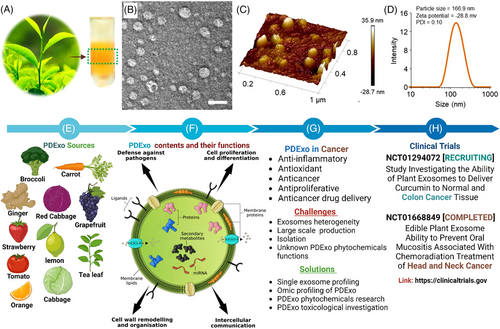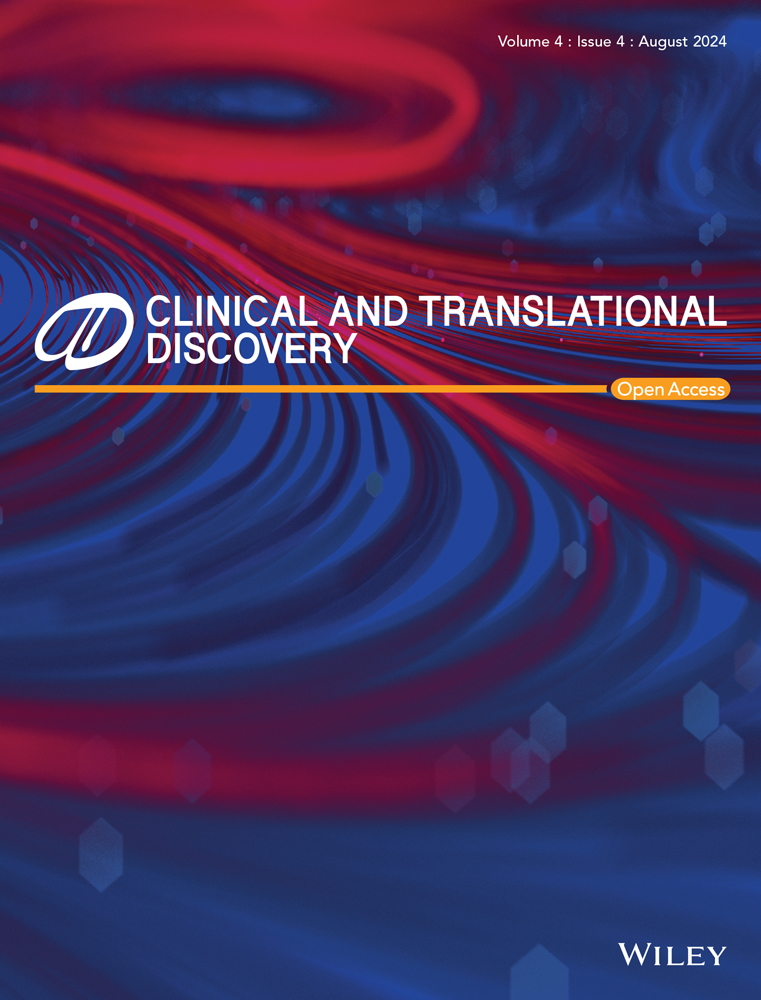Plant-derived exosomes: A Green Nanomedicine for Cancer
Abstract
Exosomes are signalling molecules related to cell-to-cell communication. Based on sources (plants, stem cells, and immune cells derived exosomes) it offers promising therapeutic activity against cancer. Plant-derived exosomes (PDEs) are natural extracellular vesicles (EVs) that are potent to provide organic precision nanomedicine to cancer therapeutics including targeted drug delivery. PDEs are gaining attention due to their safety and efficacy. There are plenty of different sources of PDEs in nature. This article explores various plants such as carrots, ginger, lemons, cabbages, blueberries, oranges, tomatoes, grapefruits, and tea leaves, which provide exosomes with distinct therapeutic properties, including anti-inflammatory, antioxidant, and anticancer activities. PDEs exhibit significant potential in drug delivery. Ongoing research and clinical trials predict that PDEs will become effective, and affordable solutions for cancer treatment.
Cancer has been the most highlighted global challenge in the practice of medicine for a long time, causing millions of deaths worldwide. Despite progress in medical science, the number of people diagnosed with cancer each year remains high, as well as the number of deaths.1 Extracellular vesicles (EVs) are membrane-bound particles released by cells to facilitate intercellular communication by transporting proteins, lipids, and RNA. EVs include exosomes, microvesicles, and apoptotic bodies. Exosomes (a subtype of EVs, size 30–200 nanometres) originate from endosomes. They form when the cell membrane buds inward, creating early endosomes that develop into intraluminal vesicles (ILVs) within multivesicular bodies (MVBs). MVBs fuse with the plasma membrane, releasing ILVs as exosomes. These exosomes then carry their cargo to other cells, influencing various physiological and pathological processes. Recent studies have identified the pivotal role of exosomes, which are vital for cellular communication, in cancer development.2-4 Additionally, exosomes offer a promising approach to cancer treatment due to their ability to deliver therapeutic agents directly to cancer cells. These small vesicles can carry proteins, RNAs, and drugs, making them effective for targeting tumours and enhancing chemotherapy delivery. Plant sources of exosomes are safer compared to animal sources.5, 6 Plant-derived exosomes (PDEs) are becoming significant tools in drug delivery research.6 Several plants, vegetables and fruits are sources of PDExo (Figure1). Carrot and Ginger derived exosomes have anti-inflammatory and antioxidant properties. Ginger exosomes are also an effective tool for siRNA delivery7 and research evidence shows that they also have antiangiogenic properties.8 Lemon-derived exosomes reduce the colorectal tumor cell growth.9 Cabbage and Red cabbage deriver exosomes enrichment of anti-inflammatory molecules.5, 10 Blueberries PDExo anti-inflammatory, oranges PDExo exosomes anticancer activity and tomato PDExo anti-oxidant properties support the development of a natural cancer therapeutic tool5, 10 Grapefruit-derived EVs metabolites play a significant role in anti-cancer activity.11 Tea leaf-derived exosomes showing promising anti-cancer activity in-vitro and in-vivo models in breast cancer (after incubation of tea leaf exosomes and breast cancer cells induce reactive oxygen species and enhance mitochondrial damage-based cell apoptosis).12 PDExo become an efficient cancer drug delivery tool due to some impressive qualities such as pH tolerance, capability of biological membrane cross, active targeting based on surface modification, affective cell uptake (this domain needs more research to reveal molecular mechanism), and capable transport drugs and therapeutic RNA molecule.13 Celery (Apium graveolens L.) derived exosomes mediated chemotherapeutic drug transport showing effectiveness against cancer with low toxicity and better uptake (research work validated with in-vitro and in-vivo models).14 The current decade modified exosomes15 become a cutting-edge method for efficient and specific therapeutic based cancer management. One of the most exciting approaches is fusion of mesenchymal stem cell-derived exosomes (this therapeutic exosome source showing dual nature)16 and plant-derived exosomes effective application in autoimmune diseases.17

In future, this phenomenon may open a new horizon of plant exosomes-based hybrid exosome development for cancer therapy. Grapefruit-derived EVs, peptide-based surface modification showing effective glioma targeting (proved via in-vito and in-vivo model).18 Ginger exosome-based siRNA transport suppresses tumor growth.19 PDExo exosomes-based cancer therapeutic research needs to initiate more clinical trials, and PDExo Phytochemical profiling (for the understanding of working mechanism). We hope plant exosomes become a powerful and effective solution for treating cancer in the future.
AUTHOR CONTRIBUTIONS
Swarup Sonar: Manuscript writing and scientific illustration development. Krishnan Anand: Reviewing and editing
ACKNOWLEDGEMENTS
The author K. A. acknowledges the University of the Free State for UFS/CUT INTERDISCIPLINARY RESEARCH.
CONFLICT OF INTEREST STATEMENT
The authors declare no conflict of interest.
FUNDING INFORMATION
There is no funding for this study.
ETHICS STATEMENT
N/A
Open Research
DATA AVAILABILITY STATEMENT
Data sharing does not apply to this article as no datasets were generated or analyzed during the current study.




